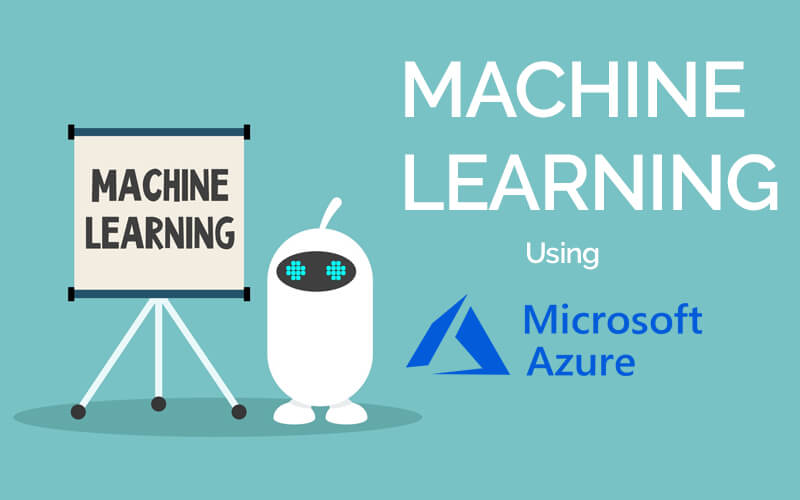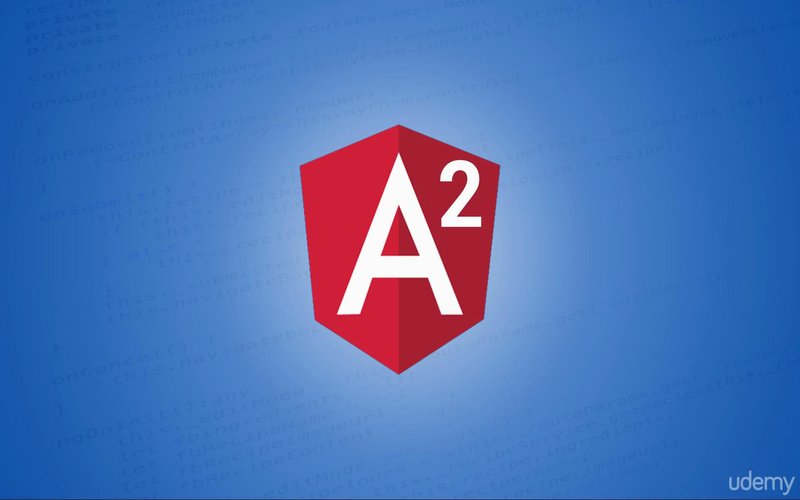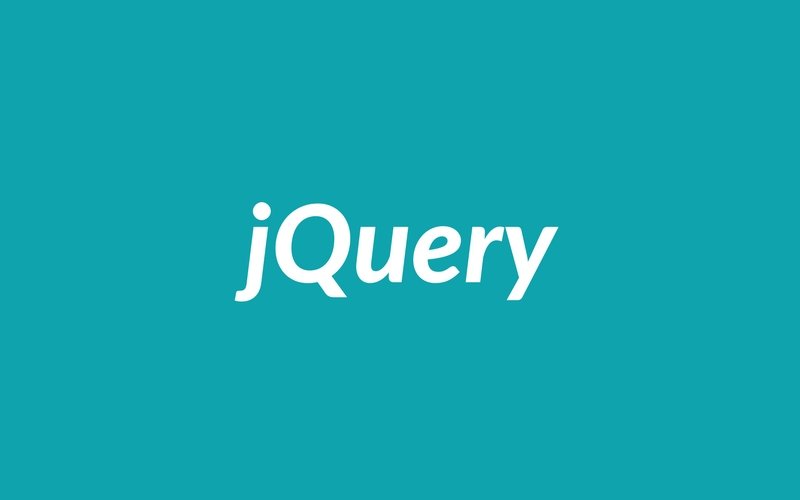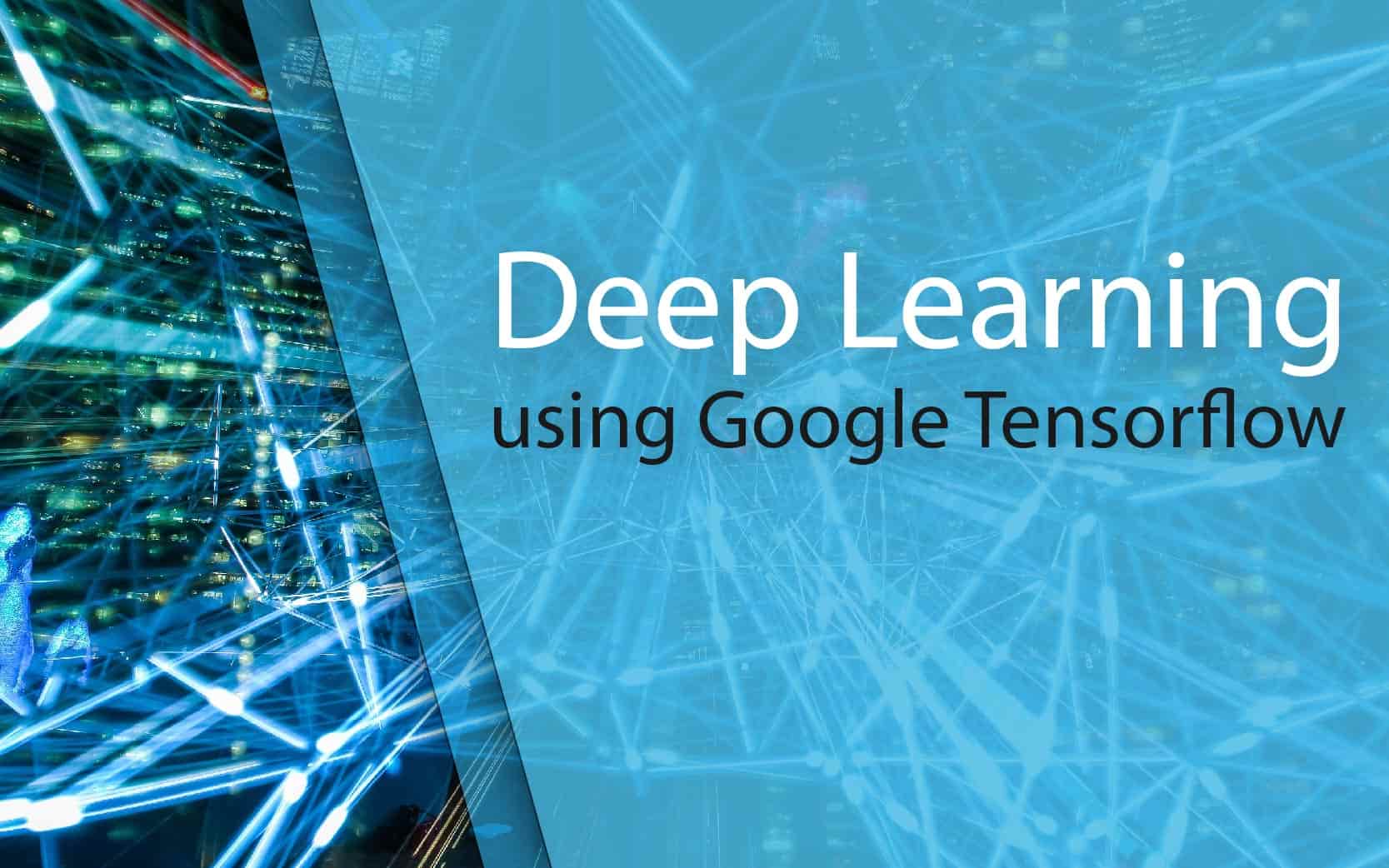
Machine Learning with Spark Training
Machine Learning with Spark Course:
Machine learning is the science of getting computers to act without being explicitly programmed. In the past decade, machine learning has given us self-driving cars, practical speech recognition, effective web search, and a vastly improved understanding of the human genome. Machine learning is so pervasive today that you probably use it dozens of times a day without knowing it. This course provides a broad introduction to machine learning, datamining, and statistical pattern recognition. Topics include: (i) Supervised learning (parametric/non-parametric algorithms, support vector machines, kernels, neural networks). (ii) Unsupervised learning (clustering, dimensionality reduction, recommender systems, deep learning). (iii) Best practices in machine learning (bias/variance theory; innovation process in machine learning and AI). The course will also draw from numerous case studies and applications, so that you'll also learn how to apply learning algorithms to building smart robots (perception, control), text understanding (web search, anti-spam), computer vision, medical informatics, audio, database mining, and other areas.


Machine Learning with Spark Course Curriculum
Installing and setting up Spark locally
The Spark programming model
The Spark shell
Creating RDDs
Caching RDDs
The first step to a Spark program in Scala
The first step to a Spark program in Python
Launching an EC Spark cluster
Introducing MovieStream
Personalization
Predictive modeling and analytics
The components of a data-driven machine learning system
Data cleansing and transformation
Model deployment and integration
Batch versus real time
Accessing publicly available datasets
Exploring and visualizing your data
Exploring the movie dataset
Processing and transforming your data
Extracting useful features from your data
Derived features
Text features
Normalizing features
Using packages for feature extraction
Types of recommendation models
Matrix factorization
Extracting features from the MovieLens k dataset
Training a model on the MovieLens k dataset
Using the recommendation model User recommendations
Item recommendations
Evaluating the performance of recommendation models
Mean average precision at K
RMSE and MSE MAP Summary
Types of classification models
Logistic regression
The naïve Bayes model
Extracting the right features from your data
Training a classification model on the Kaggle/StumbleUpon evergreen classification dataset
Generating predictions for the Kaggle/StumbleUpon evergreen classification dataset Evaluating the performance of classification models
Precision and recall
Improving model performance and tuning parameters
Additional features
Tuning model parameters
Decision trees
Cross-validation
Types of regression models Least squares regression
Extracting the right features from your data
Creating feature vectors for the linear model
Training and using regression models
Evaluating the performance of regression models
Mean Absolute Error
The R-squared coefficient
Linear model
Improving model performance and tuning parameters
Impact of training on log-transformed targets
Creating training and testing sets to evaluate parameters
The impact of parameter settings for the decision tree
Types of clustering models
Initialization methods
Mixture models
Extracting the right features from your data
Extracting movie genre labels
Normalization
Training a clustering model on the MovieLens dataset
Interpreting cluster predictions on the MovieLens dataset
Evaluating the performance of clustering models
External evaluation metrics
Tuning parameters for clustering models
Types of dimensionality reduction
Singular Value Decomposition
Clustering as dimensionality reduction
Extracting features from the LFW dataset
Visualizing the face data
Normalization
Running PCA on the LFW dataset
Interpreting the Eigenfaces
Projecting data using PCA on the LFW dataset
Evaluating dimensionality reduction models
What's so special about text data?
Term weighting schemes
Extracting the TF-IDF features from the Newsgroups dataset
Improving our tokenization
Excluding terms based on frequency
Training a TF-IDF model
Using a TF-IDF model
Newsgroups dataset and TF-IDF features
Newsgroups dataset using TF-IDF
Comparing raw features with processed TF-IDF features on the Newsgroups dataset WordVec models
Online learning
An introduction to Spark Streaming
Transformations
Window operators
Creating a Spark Streaming application
Creating a basic streaming application
Stateful streaming
Streaming regression
Creating a streaming data producer
Streaming K-means
Comparing model performance with Spark Streaming
Frequently Asked Questions
This "Machine Learning with Spark" course is an instructor-led training (ILT). The trainer travels to your office location and delivers the training within your office premises. If you need training space for the training we can provide a fully-equipped lab with all the required facilities. The online instructor-led training is also available if required. Online training is live and the instructor's screen will be visible and voice will be audible. Participants screen will also be visible and participants can ask queries during the live session.
Participants will be provided "Machine Learning with Spark"-specific study material. Participants will have lifetime access to all the code and resources needed for this "Machine Learning with Spark". Our public GitHub repository and the study material will also be shared with the participants.
All the courses from zekeLabs are hands-on courses. The code/document used in the class will be provided to the participants. Cloud-lab and Virtual Machines are provided to every participant during the "Machine Learning with Spark" training.
The "Machine Learning with Spark" training varies several factors. Including the prior knowledge of the team on the subject, the objective of the team learning from the program, customization in the course is needed among others. Contact us to know more about "Machine Learning with Spark" course duration.
The "Machine Learning with Spark" training is organised at the client's premises. We have delivered and continue to deliver "Machine Learning with Spark" training in India, USA, Singapore, Hong Kong, and Indonesia. We also have state-of-art training facilities based on client requirement.
Our Subject matter experts (SMEs) have more than ten years of industry experience. This ensures that the learning program is a 360-degree holistic knowledge and learning experience. The course program has been designed in close collaboration with the experts working in esteemed organizations such as Google, Microsoft, Amazon, and similar others.
Yes, absolutely. For every training, we conduct a technical call with our Subject Matter Expert (SME) and the technical lead of the team that undergoes training. The course is tailored based on the current expertise of the participants, objectives of the team undergoing the training program and short term and long term objectives of the organisation.
Drop a mail to us at [email protected] or call us at +91 8041690175 and we will get back to you at the earliest for your queries on "Machine Learning with Spark" course.
Recommended Courses

PyTorch
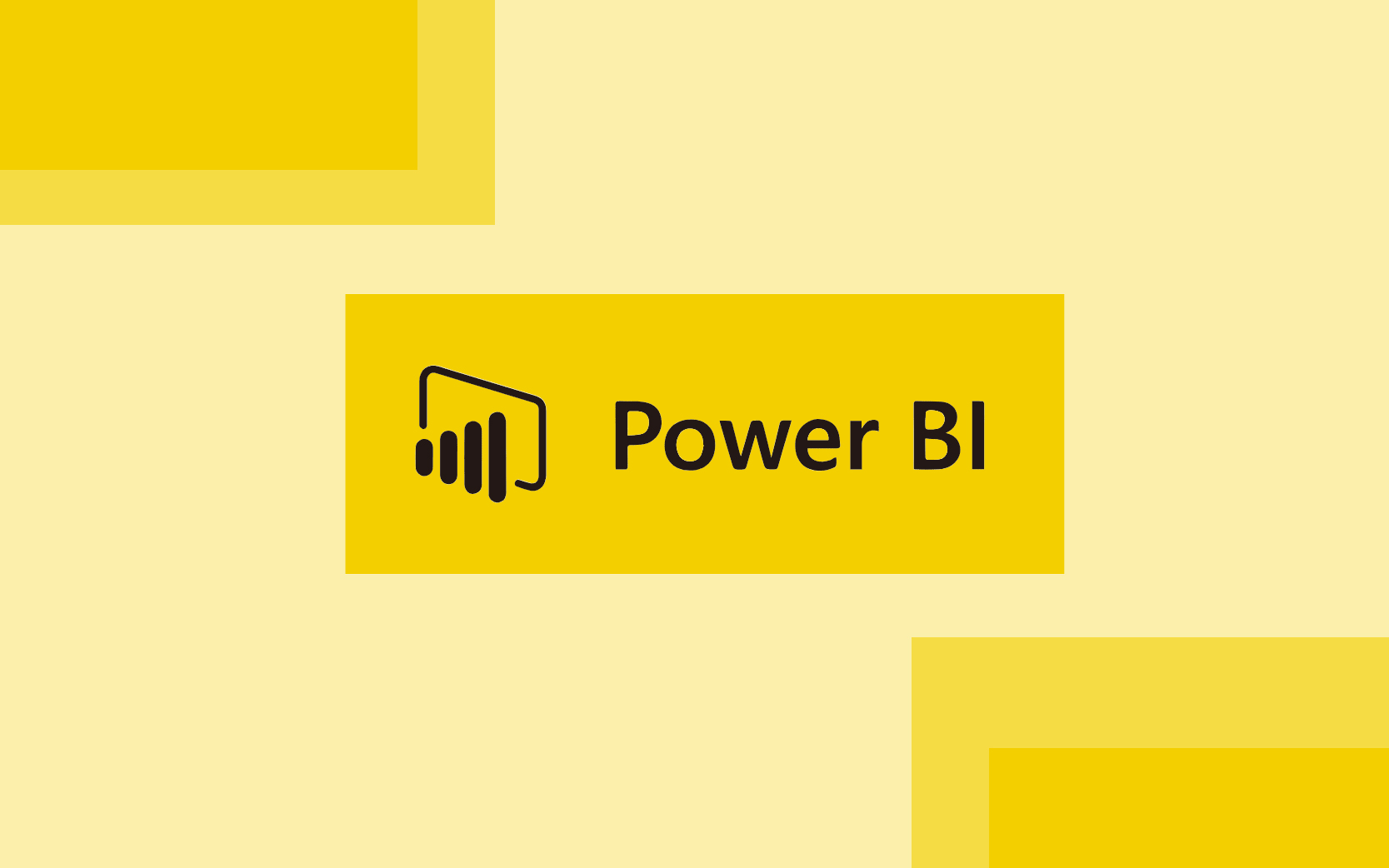
Power BI

Power BI
Feedback
